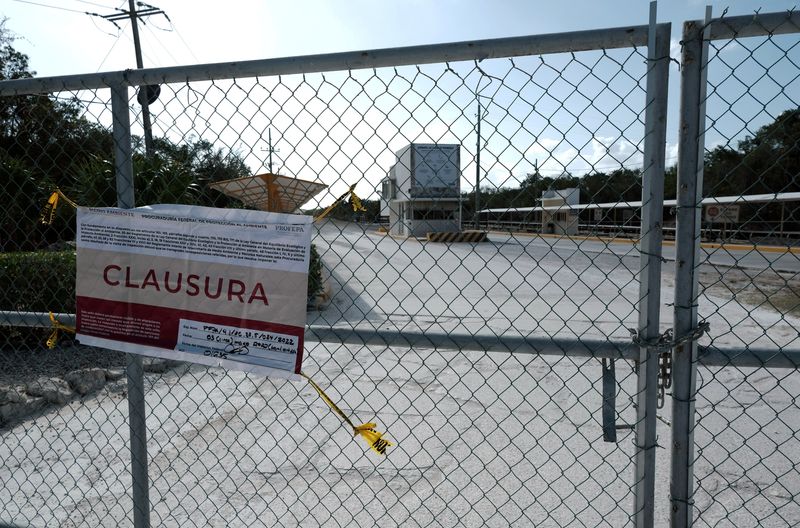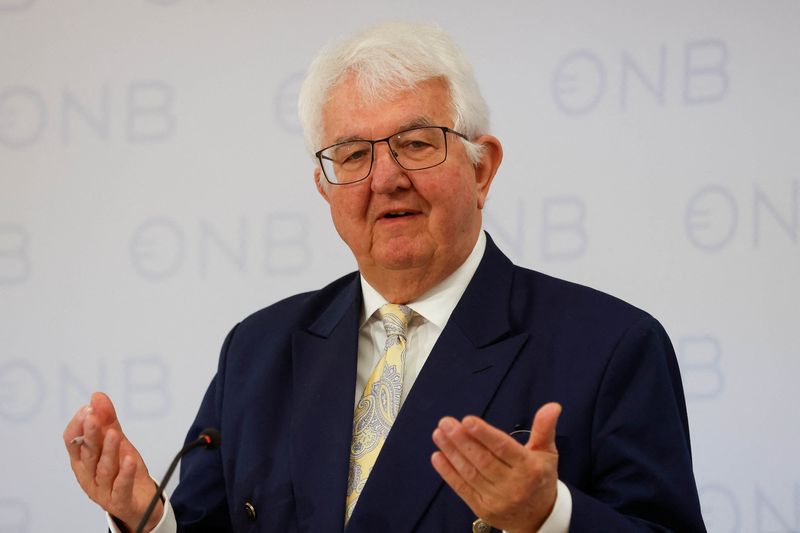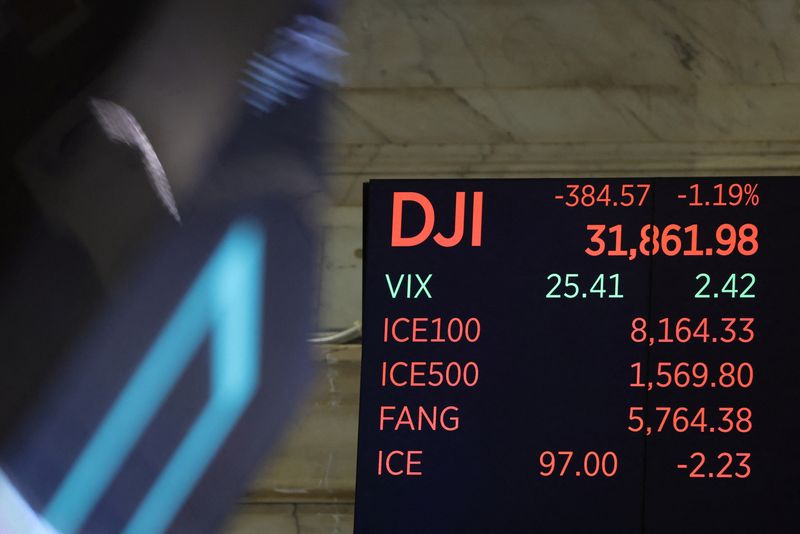Kate Anderson on March 20, 2023
New York Attorney General Letitia James warned businesses against exploiting the upcoming Jewish holiday of Passover as an opportunity to price gouge, according to a Monday press release.
During Passover, many Jewish people rid their households and belongings of any “leavened” or yeast products, to prepare for the holiday and a report sent to the attorney general’s office found that some businesses take advantage of this, according to the press release. James said that car washes in particular had started offering “special” services for Orthodox Jews ahead of Passover, but the report found that many of these “deals” had increased the price by 50%.

“It’s shameful that we even have to warn Jewish communities about the possibility that companies would take advantage of them during the holidays,” Attorney General James said in the press release. “If we learn of any businesses engaging in such disgusting and antisemitic practices, we will not hesitate to take swift and serious legal action. No New Yorker should ever be forced to pay more for a service because of their religion, race, gender, or sexual orientation, and I urge anyone who has been a victim of this discriminatory behavior to report it to my office immediately.”
James sent several businesses a formal notice, condemning the practice, and warned that any company found to be engaging in “discriminatory pricing practices” would be dealt with, according to the press release. Individuals who suspect that they were the victim of price-gouging due to their religious affiliation are directed to report the incident to the AG’s office.
The report was compiled by New York Assemblymember Simcha Eichenstein who claimed she had been informed on multiple occasions that car washes in Orthodox Jewish neighborhoods were charging double for a normal service during the holiday despite claiming that it was a “special” deal.
Ad: Save every day with Amazon Deals: Check out today's daily deals on Amazon.
“The Passover season is expensive enough and unfortunately many local families struggle to make ends meet at this time of year,” Eichenstein said in the press release. “Shameless overcharging before the holiday is clearly religious discrimination and totally unacceptable in this industry or any industry. I thank Attorney General James for giving this issue the attention it deserves and issuing this pre-season warning to car wash establishments, ensuring that this discriminatory practice does not continue this year.”
All content created by the Daily Caller News Foundation, an independent and nonpartisan newswire service, is available without charge to any legitimate news publisher that can provide a large audience. All republished articles must include our logo, our reporter’s byline and their DCNF affiliation. For any questions about our guidelines or partnering with us, please contact [email protected].




































